Tag: state supreme court
-
Gov. Brian Kemp fills vacancy on Georgia Supreme Court
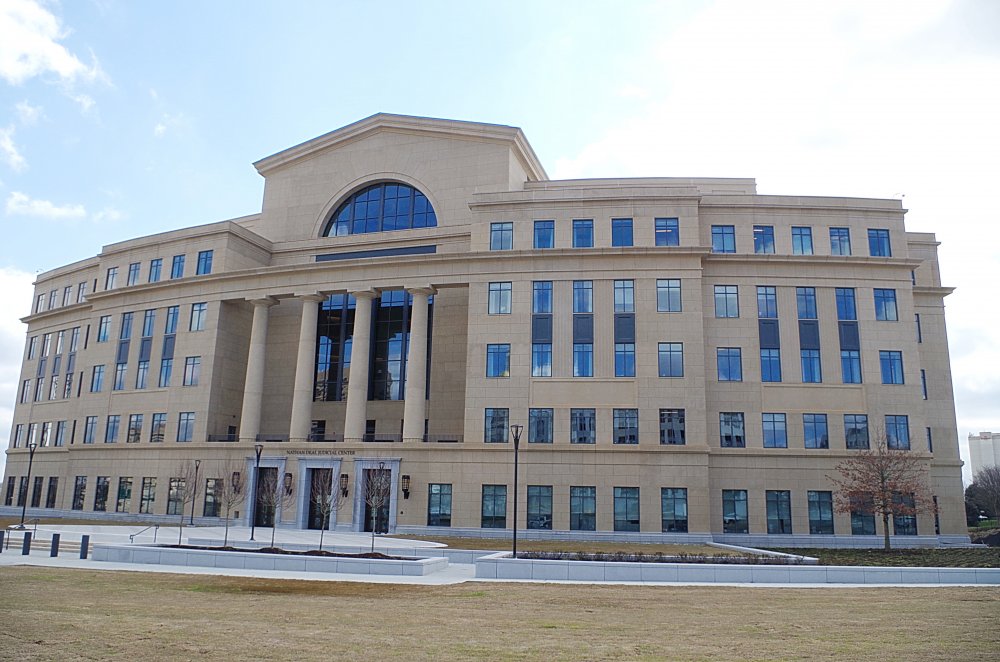
Georgia GovernorBrian Kemp (R) appointed Verda Colvin to theGeorgia Supreme Court on July 20. Colvin was Kemp's third nominee to the nine-member court. Colvin succeededHarold Melton, who retired on July 1. Chief Justice Melton joined the Georgia Supreme Court in 2005. He was appointed to the court by Gov. Sonny Perdue (R). Prior to her…
-
New Mexico governor appoints Briana Zamora to fill vacancy on state supreme court
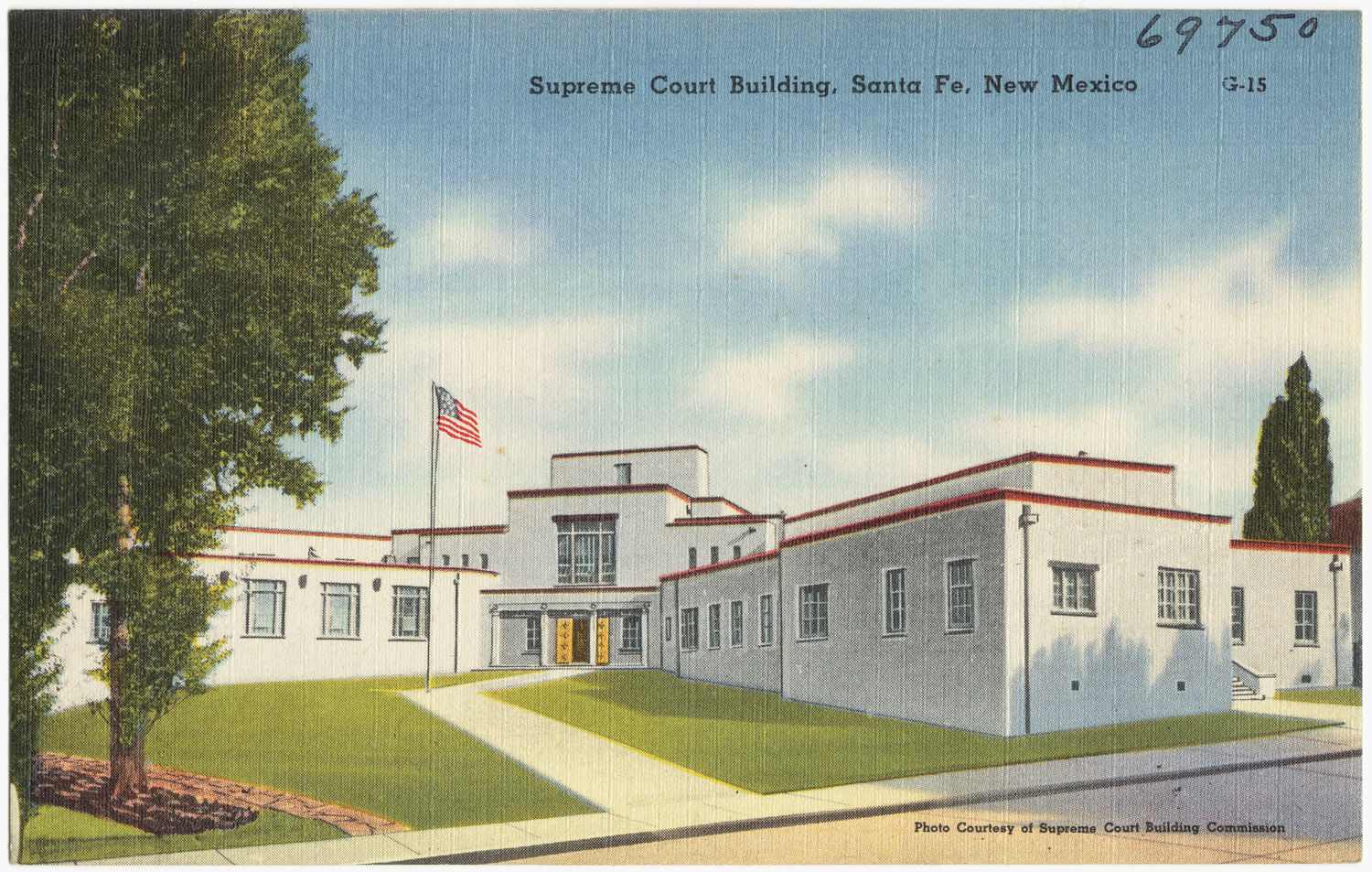
New Mexico Gov. Michelle Lujan Grisham (D) appointed Briana Zamora to the New Mexico Supreme Court on July 16. The appointment filled a vacancy on the court caused by former Justice Barbara J. Vigil’s retirement on June 30. Zamora is Gov. Lujan Grisham's fourth nominee to the five-member supreme court. Under New Mexico law, midterm…
-
Wisconsin Supreme Court affirms agency authority to regulate state water resources
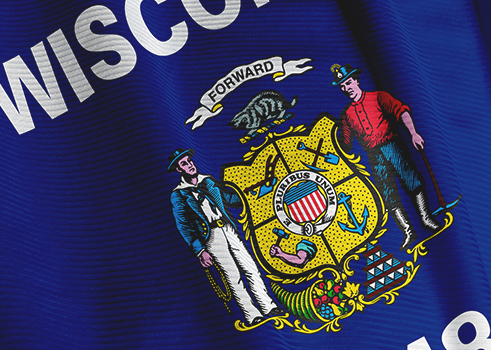
The Wisconsin Supreme Court on July 8 issued decisions in two environmental cases that had pitted the state legislature against the state Department of Natural Resources (DNR) in a disagreement over which government entity has the authority to regulate water pollution and irrigation practices. In both cases, the court held 4-2 that the DNR is authorized…
-
Governors appoint new supreme court justices in two states
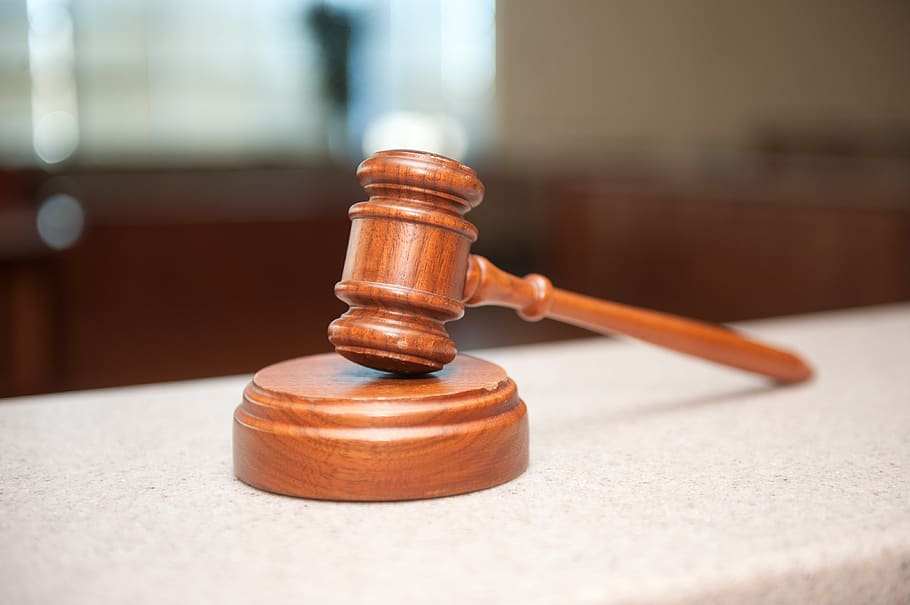
Alaska and Arizona have new state supreme court justices after appointments from their respective governors. Alaska Gov. Mike Dunleavy (R) appointed Jennifer Stuart Henderson to the Alaska Supreme Court on July 7, and Arizona Gov. Doug Ducey (R) appointed Kathryn Hackett King to the Arizona Supreme Court on July 8. Alaska A seat on the…
-
Alaska Supreme Court Justice Joel Bolger retires

Alaska Supreme Court Justice Joel Bolger retired on June 30. Former Gov. Sean Parnell (R) appointed Bolger to the state supreme court in 2013, and voters retained him in 2016 with 57% of the vote. When he retired, Bolger was the court’s chief justice, a position he had held since 2018. Bolger is the only…
-
New Mexico Supreme Court Justice Barbara Vigil retires

New Mexico Supreme Court Justice Barbara Vigil retired on June 30. She joined the court in 2012 after winning election to an open seat on the court against Paul J. Kennedy, 55% to 45%. Vigil won a retention election for a full eight-year term in 2016, with 72% of voters retaining her. Before that, Vigil…
-
New Mexico Supreme Court allows recall effort against Otero County commissioner to move forward

New Mexico Supreme Court Chief Justice Michael Vigil on June 28 affirmed a lower court’s ruling to allow an effort to recall Couy Griffin (R) from his position as the District 2 representative on the Otero County Commission to move forward. Once the recall petitions are signed by the lower court justice who initially approved…
-
Texas Supreme Court justice resigns, creates midterm vacancy
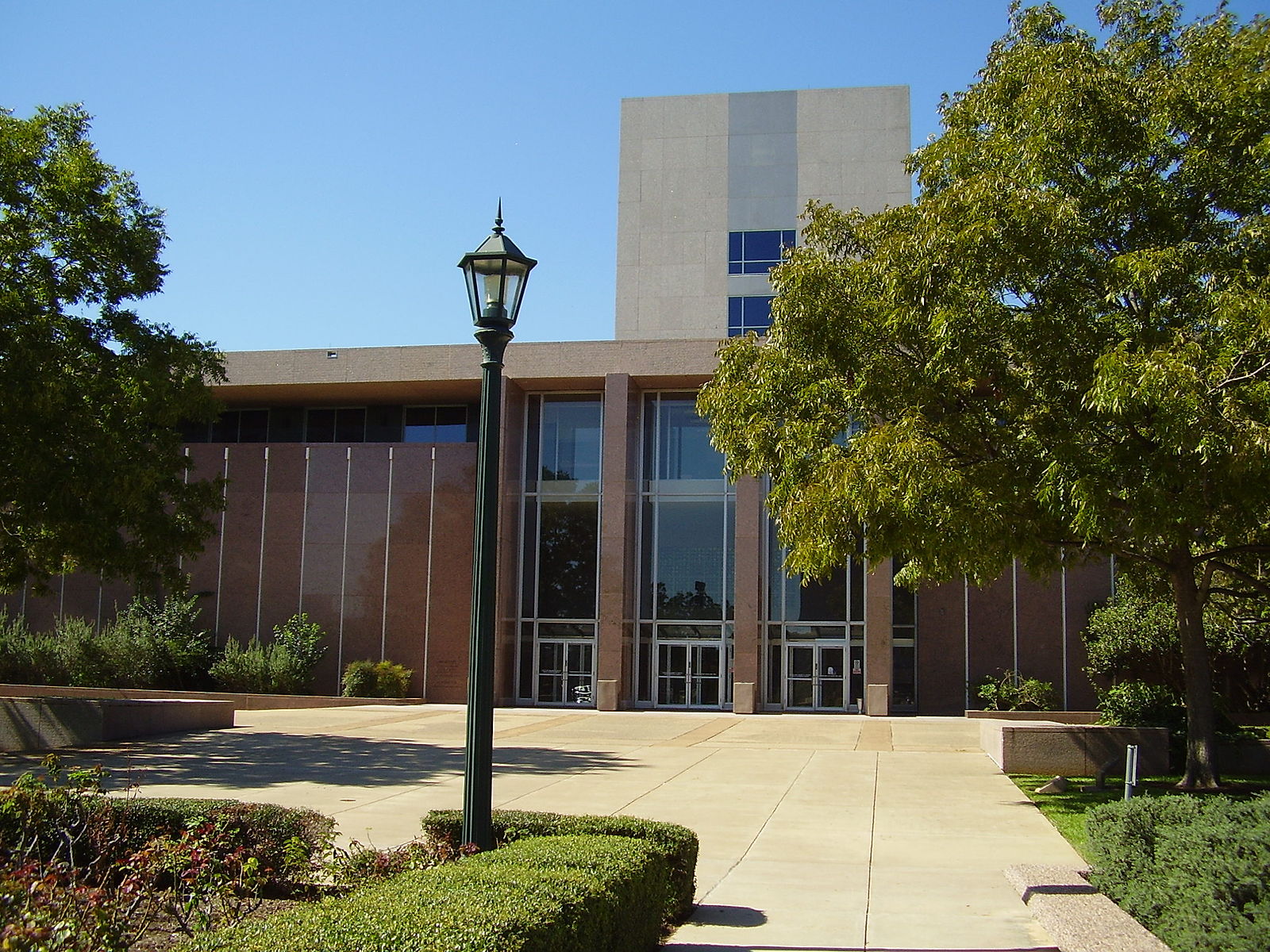
Texas Supreme Court Justice Eva Guzman retired from her seat on the state’s highest court effective Friday, June 11. Her resignation letter to Texas Gov. Greg Abbott (R) did not provide a reason for her departure. Guzman’s replacement will be Gov. Abbott's fifth nominee to the nine-member supreme court. Under Texas law, in the event…
-
Texas Supreme Court Justice Eva Guzman resigns

Texas Supreme Court Justice Eva Guzman resigned on June 11, 2021. Guzman's replacement will be Gov. Greg Abbott's (R) fifth nominee to the nine-member supreme court. At the time of Guzman’s resignation, all nine judges on the court identified with the Republican party. Guzman was appointed to the court by Gov. Rick Perry (R) in…
-
Stanfill confirmed as Maine supreme court’s chief justice

The Maine State Senate confirmed Valerie Stanfill as the chief justice of Maine’s highest court on June 3. Gov. Janet Mills (D) appointed Stanfill to the Maine Supreme Judicial Court on May 10 to fill a vacancy created when former Chief Justice Leigh Saufley retired in April 2020. The Maine State Senate was required to…

